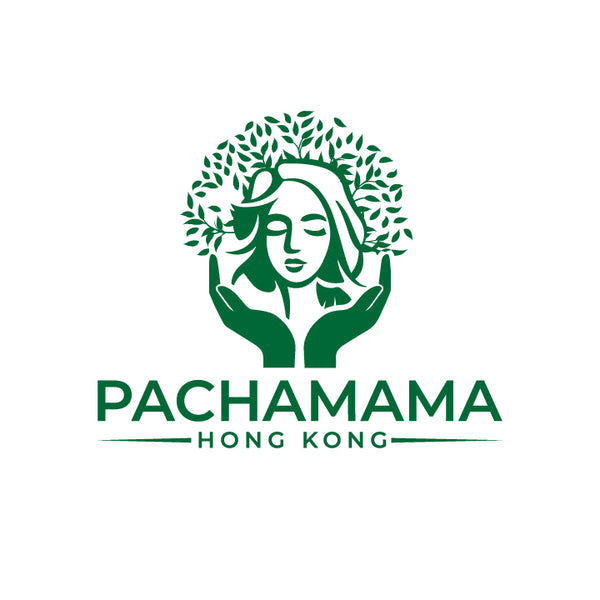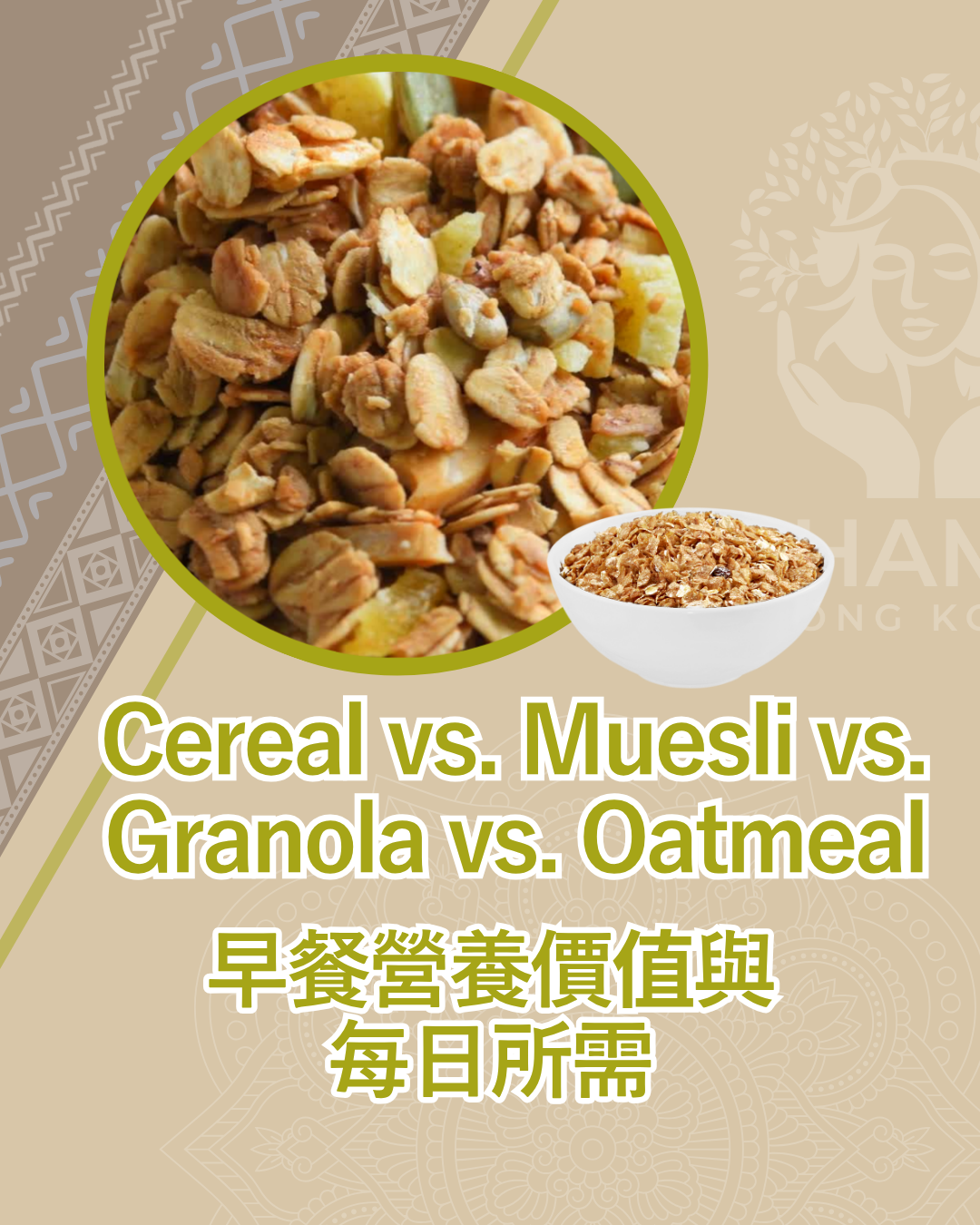When it comes to breakfast, the options can be overwhelming. Four popular choices often found side-by-side on supermarket shelves or in your pantry are cereal, muesli, granola, and oatmeal. While they all promise a quick and easy start to your day, their nutritional profiles, health benefits, and contribution to daily nutrient needs can vary significantly. Understanding these differences can help you make an informed decision that aligns with your dietary needs and health goals, with a particular focus on options that offer superior nutritional density.
Nutritional Value & Daily Value Contribution: A Deep Dive
Let's break down the typical nutritional content of each and how they contribute to your daily recommended intake. Some studies suggest that certain breakfast options, particularly highly processed ones, may not provide a substantial amount of essential nutrients for daily human needs without fortification or additional ingredients.
Cereal:
Often highly processed, many breakfast cereals are fortified with vitamins and minerals to compensate for nutrients lost during processing. However, they are frequently high in added sugars and refined grains. While fortification helps them contribute to daily values for certain micronutrients, the overall nutritional density is often low, and the high sugar content can lead to rapid blood sugar spikes.
- Vitamins & Minerals: Often fortified with iron, folic acid, and various B vitamins, contributing significantly to their daily value.
- Protein: Generally low, offering minimal contribution to daily protein needs.
- Fiber: Can vary; whole-grain cereals offer more fiber, but many refined options fall short.
- Glycemic Index (GI): Often high, especially for sugary, refined varieties, leading to quick energy spikes followed by crashes.
- Richer Nutrients Category: Generally, cereals are the least nutrient-dense in their natural state. Their contribution to daily values often relies heavily on fortification rather than inherent nutrient content, making them a less ideal choice for sustained nutrition.
Muesli:
Originating from Switzerland, muesli is typically a blend of rolled oats, nuts, seeds, and dried fruit, often served cold with milk or yogurt. It's generally less processed than most cereals and granolas, allowing for a higher retention of natural nutrients and a more substantial contribution to daily values.
- Vitamins & Minerals: Naturally rich in B vitamins, iron, magnesium, and zinc from oats, nuts, and seeds. Dried fruits contribute vitamins like C and A, and potassium, all contributing meaningfully to daily recommended intakes.
- Protein: Moderate to high, depending on the proportion of nuts and seeds, offering a good start to daily protein requirements.
- Fiber: High, thanks to the whole grains, nuts, and seeds, making a significant contribution to daily fiber needs and promoting digestive health.
- Glycemic Index (GI): Generally low to moderate, especially when made with whole oats and minimal added sugar, providing a more stable blood sugar response.
- Richer Nutrients Category: Muesli often stands out as having richer nutrients and a more comprehensive contribution to daily values due to its less processed nature and inclusion of diverse whole ingredients, making it a superior choice.
Granola:
Granola is a baked mixture of rolled oats, nuts, sweeteners (like honey or maple syrup), and sometimes dried fruit. The baking process gives it a crunchy texture. While it contains nutritious ingredients, the added sweeteners and oils can increase calorie density and potentially dilute its overall contribution to daily nutrient values if consumed in large quantities.
- Vitamins & Minerals: Contains B vitamins, iron, and magnesium from oats and nuts, contributing to daily values.
- Protein: Moderate, similar to muesli, depending on nut and seed content, offering a decent protein contribution.
- Fiber: High, from oats and other whole ingredients, providing a good portion of daily fiber needs.
- Glycemic Index (GI): Can vary from moderate to high, depending on the amount and type of sweeteners used.
- Richer Nutrients Category: While nutritious, the added sugars and fats in many granolas can make them less nutrient-dense per calorie compared to plain muesli or oatmeal, potentially offering a lower overall contribution to daily nutrient needs unless consumed in moderation. However, well-chosen granolas can still be a strong contender.
Oatmeal:
Oatmeal, made from rolled or steel-cut oats, is a simple, whole-grain breakfast. It's typically cooked with water or milk and can be customized with various toppings. While a good base, plain oatmeal alone may not provide the full spectrum of nutrients found in more diverse options like muesli or granola without significant additions.
- Vitamins & Minerals: Good natural source of manganese, phosphorus, magnesium, copper, iron, and B vitamins (B1, B5), contributing significantly to daily values for these micronutrients.
- Protein: Moderate, especially for a grain, offering a solid base for daily protein intake.
- Fiber: Very high, particularly soluble fiber (beta-glucan), which makes a substantial contribution to daily fiber recommendations and is excellent for heart health and digestion.
- Glycemic Index (GI): Generally low to moderate, especially for steel-cut or rolled oats, providing a steady release of energy.
- Richer Nutrients Category: While highly nutrient-dense in its natural form, plain oatmeal's contribution to daily nutrient requirements can be limited without the addition of nuts, seeds, or fruits, which are inherently part of muesli and granola.
Health Benefits: What Each Brings to the Table
Cereal:
The health benefits of cereal are highly dependent on the type. Whole-grain, low-sugar options can contribute to daily fiber intake and provide essential vitamins and minerals. However, many popular cereals are high in sugar, which can lead to energy crashes and contribute to weight gain and other health issues, often making them a less optimal choice for consistent health benefits.
Muesli:
Muesli is a powerhouse of health benefits. Its high fiber content aids digestion, promotes satiety, and helps regulate blood sugar levels due to its lower glycemic index. The nuts and seeds provide healthy fats, protein, and antioxidants, contributing to heart health and overall well-being. When prepared with minimal added sugar, it's an excellent choice for sustained energy and a broad spectrum of nutrients, making it a top-tier breakfast option.
Granola:
Granola offers similar benefits to muesli in terms of fiber, healthy fats, and protein from its whole ingredients. The crunchiness can be satisfying, and it's a good source of energy. However, the added sugars and fats in many commercial granolas mean it should be consumed in moderation, especially for those watching their calorie or sugar intake, as these additions can dilute its overall health benefits. Choosing low-sugar, high-fiber granolas is key to maximizing its potential.
Oatmeal:
Oatmeal is celebrated for its heart-healthy benefits, primarily due to beta-glucan, a soluble fiber that helps lower cholesterol and stabilize blood sugar. It's also very filling, aiding in weight management. While a solid base, its simple nature means that to truly maximize its nutritional contribution and health benefits, it often requires the addition of other nutrient-dense ingredients like nuts, seeds, and fruits.
Ideal Choices for Specific Groups
Understanding the nuances of each breakfast option allows us to recommend the most suitable choice for different individuals:
- Chronic Cardiovascular Disease Patient: Muesli and oatmeal (especially steel-cut or rolled) are highly recommended due to their high soluble fiber content (beta-glucan) which helps lower cholesterol and stabilize blood sugar. Muesli further benefits from the heart-healthy fats in its nuts and seeds.
- Genuine Weight Loss: Muesli is an excellent choice due to its high fiber content promoting satiety and its generally lower glycemic index. Plain oatmeal is also good, but requires careful additions to avoid excess calories and sugar.
- Athletes: Granola (low-sugar, high-nutrient varieties) and muesli are strong contenders, providing complex carbohydrates for sustained energy and protein from nuts and seeds for recovery. Oatmeal can also be a good base when fortified with additional protein and healthy fats.
In conclusion, while all four can be part of a balanced breakfast, muesli and carefully selected granola generally offer superior nutritional benefits and a more substantial contribution to daily human nutrient needs due to their diverse whole ingredients and often lower reliance on fortification. Plain oatmeal is a healthy base but benefits greatly from additions, while many cereals, despite fortification, often fall short due to high sugar and refined grain content. Ultimately, the best breakfast is one that fits your individual needs, preferences, and health goals, prioritizing whole, minimally processed ingredients.

